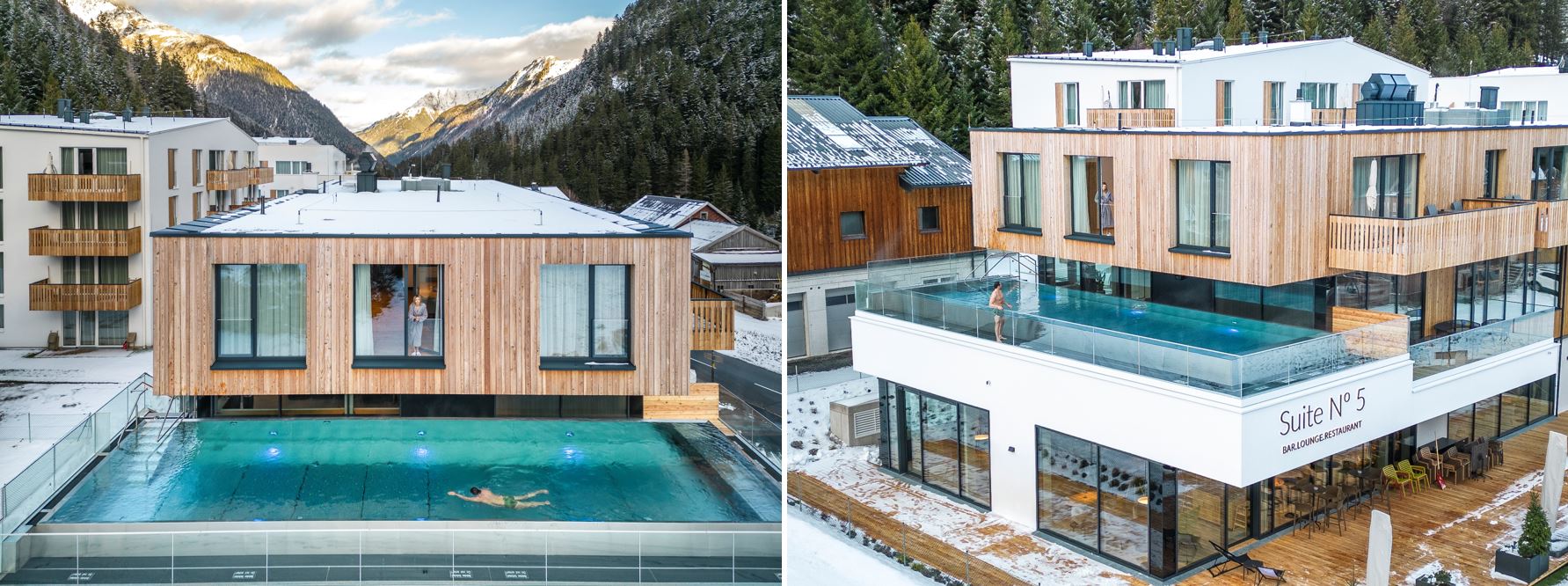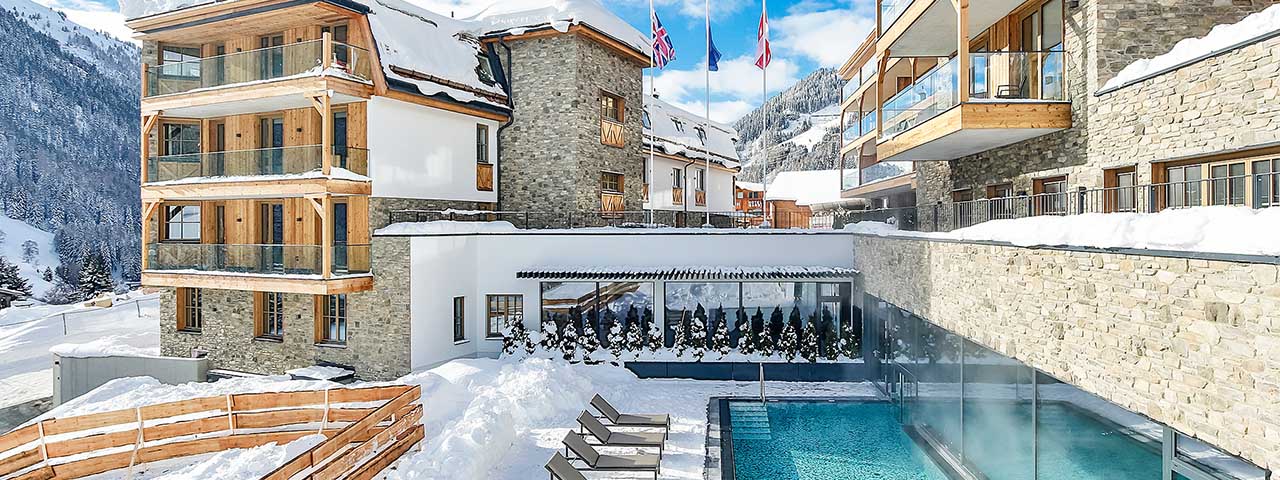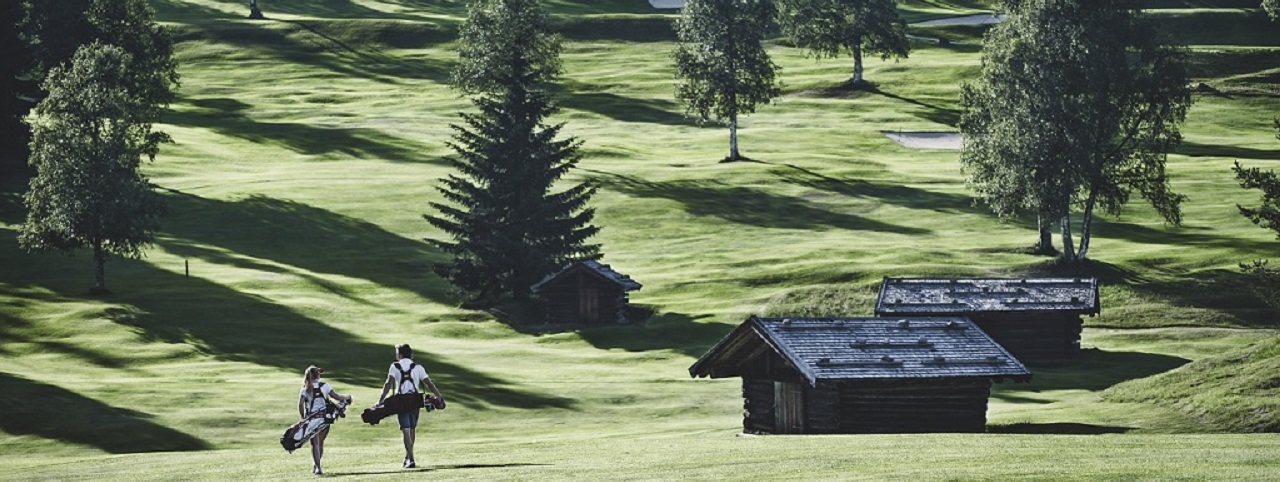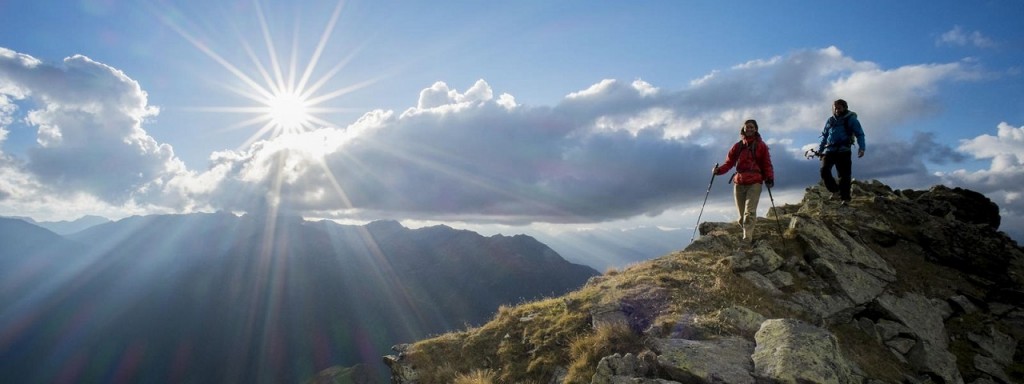Even without the snow, the Austrian Alps draw visitors from all over the world to hike through its stunning, majestic scenery. The dual season of Oetz, for example, receives nearly as many tourists in summer as winter with the Acherkogelbahn starting up on 4 June and running through 9 October to whisk walkers up to 2,020m in just 8 minutes as a starting base to a choice of high alpine walks.
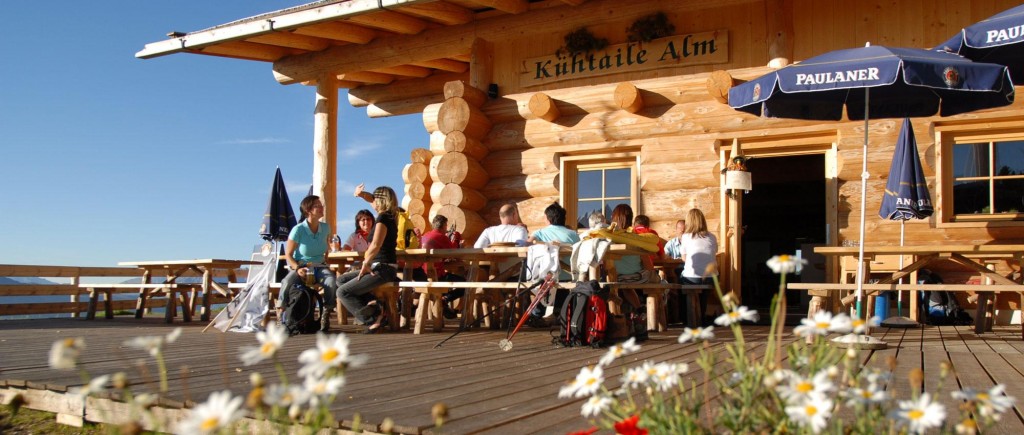
We all know hiking is great exercise which provides plenty of physical benefits, but recent studies have suggested it can have positive mental effects, ranging from improving mental health to enhancing creative thinking.
Hiking to Improve Mental Health
A recent experiment at Stanford University has provided evidence that walking through natural surroundings produces a measurable reduction of “morbid rumination” — brooding to you and me. Gregory Bratman of School of Earth, Energy & Environmental Sciences divided his volunteers into two groups, one of which was sent on a for 90-minute walk through countryside, the other for the same distance through an urban area.
While it’s not surprising that the first group felt more relaxed, questionnaires before and after the walk also showed that they saw a reduction in their morbid rumination, a state which, in more extreme forms, can lead to mental illness. The second group showed no reduction, even though they’d walked the same distance.
Bratman went further, though, and examined changes in a part of the brain called the subgenual prefrontal cortex, which is known to control brooding. The volunteers who’d enjoyed the countryside walk had lower activity here after they’d finished, supporting the results of the questionnaire.
Other Mental Benefits of Hiking
Another study, this time by the University of British Columbia, demonstrated that aerobic exercise, such as hiking, increased the capacity of the hippocampus (the part of the brain that is involved in memory forming, organising, and storing). This improves memory, both in the short term and by slowing down the loss of our memory power as we age.
At the other end of the life-span, a study by Frances E. Kup and Andrea Faber Taylor has shown that children with Attention Deficit Hyperactivity Disorder (ADHD) benefit from exposure to “green outdoor activities”. Their ability to concentrate improves, suggesting that this might also help anyone with attention problems.
A study by Ruth Ann Atchley and David L. Strayer suggested that hiking through a natural environment also improves mental creativity. Volunteers who spent several days hiking in the countryside with no technology to distract them scored higher in creative exercises on their return than before they started.
All-Round Benefits
There’s still plenty more work to be done on these studies, such as determining the relative importance of the walking itself and the surroundings, as well as whether it enhances the effects or detracts to have company.
It seems clear, though, that hiking through beautiful scenery is good for us both physically and mentally. And you don’t find hiking more exhilarating nor scenery more sensational than Tirol.
Check out the following websites for hiking inspiration in Oetz and Galtür.
There’s something about the combination of the mind-blowing landscape and the good humour and generosity of the Tiroleans that’s irresistible to walkers, from beginners to tough mountain-hurdlers.

